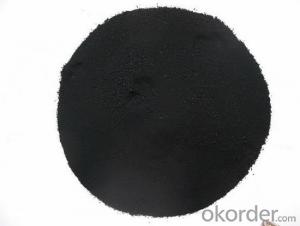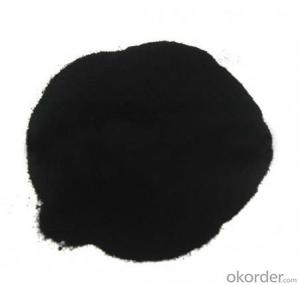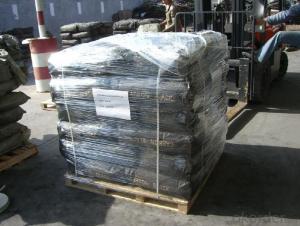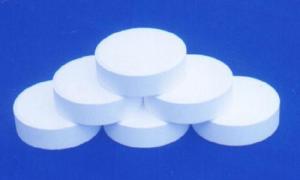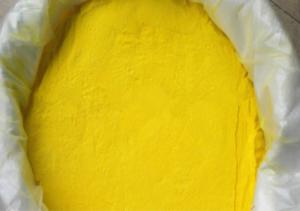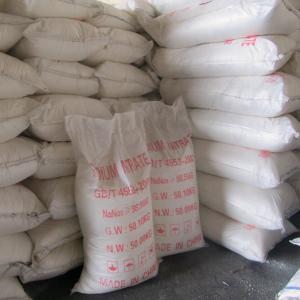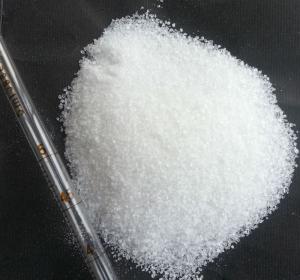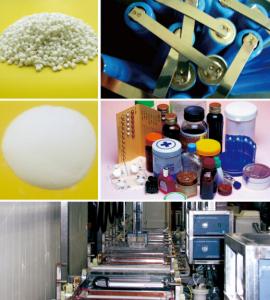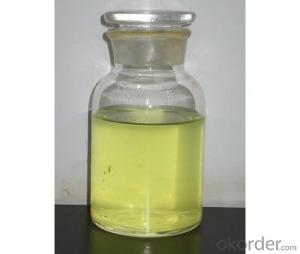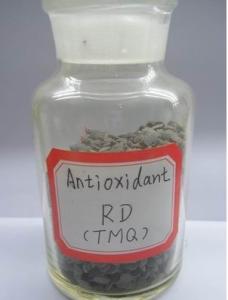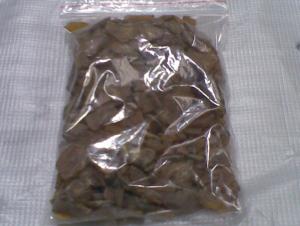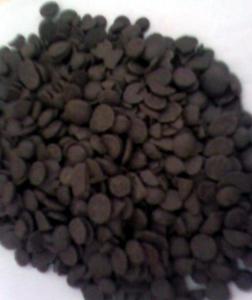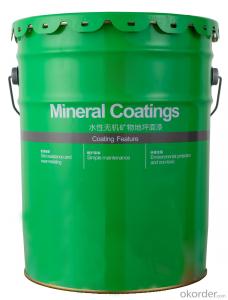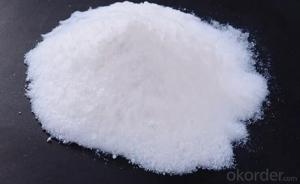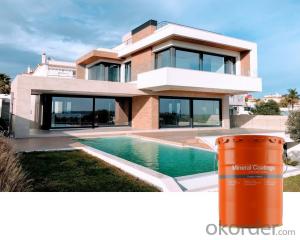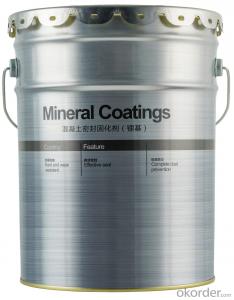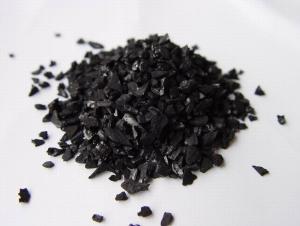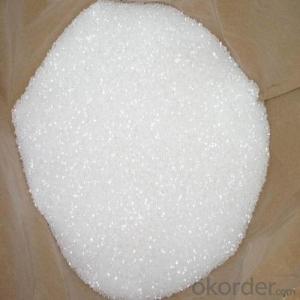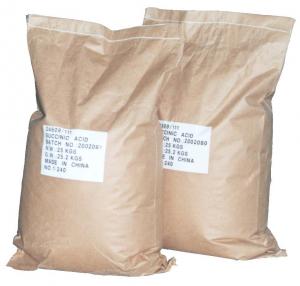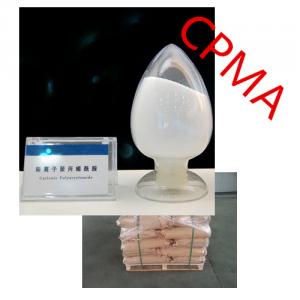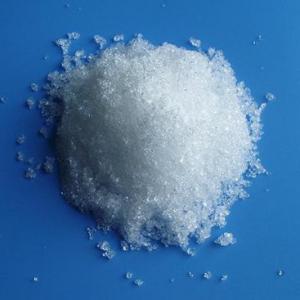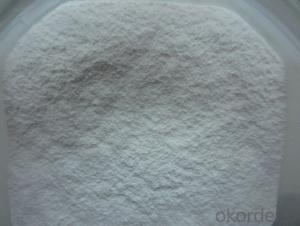Black Carbon/Carbon Black for Rubber/for Cement
- Loading Port:
- Qingdao
- Payment Terms:
- TT OR LC
- Min Order Qty:
- -
- Supply Capability:
- 20000 m.t./month
OKorder Service Pledge
OKorder Financial Service
You Might Also Like
Specifications
Carbon black
1.Black powder or granular pigment
2.N220.N330.N550,N660
3.Plastic,rubber industry
4.Hight quality
Introduction:
Our company maufactures the black canton series or superior-wear resistance(N200), resistance(N300),quick-press(N500),and common(N600) of dry process and wet process maily applied to various rubber products and PVC plastic.
Specifications
Carbon Black
1.N220/N330/N550/N660
2.Factory directly,free sample, quick delivery
3.ISO, SGS, CIQ
4.TT,LC,DA,DP
Black Carbon/Carbon Black for Rubber/for Cement
1. Why choose us?
1) Mixed container service
2) Packing: Your label design according to your requirements ready in one day
3) Experience: 14 years OEM experience
4) Goods are sold with return or refund guarantee due to quality issue
5) Prompt shipment by reputed shipping line and professional documents
6) Cargoes photo before and after loading into container after shipment with email
7) Quality control: SGS and CIQ , ISO
8) Your inquiry will be replied to within 30 minutes
2. Characters:
Chemical Name: Carbon Black
Type: n220 ,n330,n550,n660.
Cas no:1333-86-4
Form: black granule or powder
Process: wet or dry process
Packing:25kg knitting bags top grade linerfilm,good properties of waterproof and avoid water,solarization.
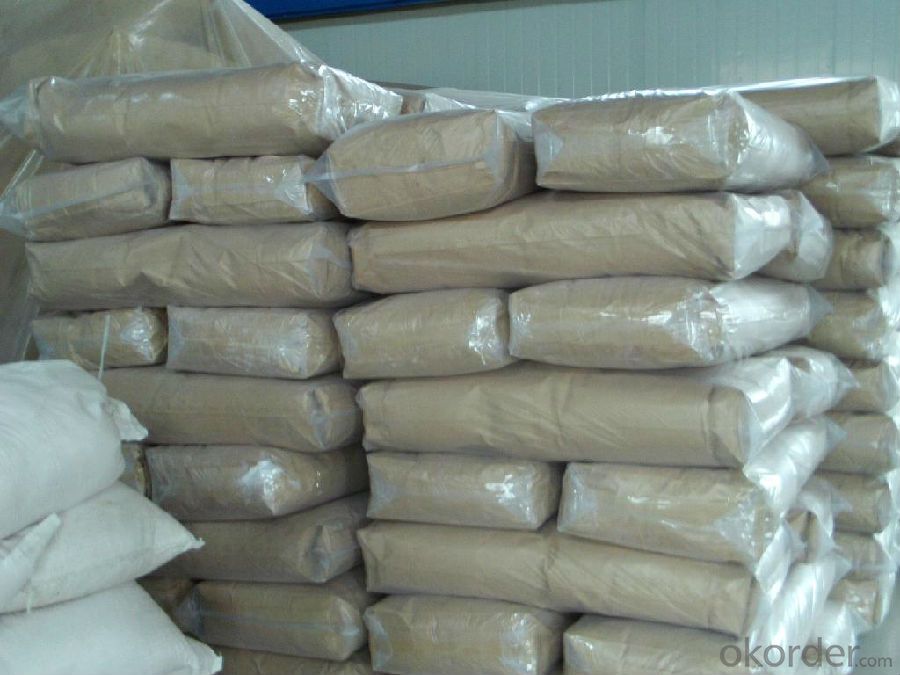
- Q:how could scientists know the exact catalyst for every reactions??? THANX sooo much
- Believe me, nema, there's no way that we chemists know the best catalyst for every reaction. That would be simply impossible. However, from the type of reaction, the reactants, products, reaction conditions, solvents, etc. and from one's experience and the literature (papers and patents) one can get a good idea for most reactions of the type of catalyst that has worked for similar systems. One then starts off with a catalyst from the literature and modifies or changes it if improvement is needed based on chemical principles that one learns. There are also some theoretical calculations that can be made. Sometimes they work and sometimes they don't :) If it is an industrially important process like the Haber process for making ammonia from nitrogen gas and hydrogen gas, there may be thousands of catalysts which have been tried and evaluated. New minor improvements are being made every day. When a company does find a very good catalyst for an important reaction, often they keep it a trade secret. The good catalyst can make a huge difference in how commercially successful a particular process is. That's a large part of what chemical engineers do. You may never know if you have the best catalyst. The most you can hope for is one that is good enough. So it's a few parts personal knowledge, a few parts literature, a couple of parts theory, a lot of experimentation and often, more than not, a little luck. :)
- Q:Chemical catalyst system baa?
- Catalyst is divided into inorganic catalyst and organic catalyst organic reaction generally need more catalyst, such as concentrated sulfuric acid
- Q:High school chemistry, catalyst activation energy map
- Catalytic reaction is the reaction of the first reaction with the catalyst or attached to the catalyst to form intermediates, and then further reaction to produce products and catalysts, so the amount of catalyst in theory is the same! The activation of these two processes can be reduced! So there will be two peaks! Can be simplified as a peak!
- Q:hey people i need your help about my science lab report...the question on my paper says "what function the catalyst?....please help me on this one...i would really appreciate if you leave me answers....much mahalos to all you folkss...thanks
- lowers the activation energy of a reaction so it happens at a faster rate
- Q:The role and significance of chemical catalysts
- In the pre-chemical reaction, to speed up the reaction rate, and in the chemical reaction before and after the material quality and chemical properties are not changed.
- Q:Manganese dioxide can be used as a catalyst for various chemical reactions
- MnO2 + 4HCl = heating = MnCl2 + Cl2 + 2HCl
- Q:Does increasing the amount of catalyst added to, say, a solution of Hydrogen Peroxide, make the rate of reaction go faster. Is the rate of reaction directly proportional to the amount of catalyst added to the solution? Or does the experiment go at the same rate regardless of how much catalyst there is? Thanks would really appreciate some answers. - Sarah
- A catalyst works by providing the optimal conditions for a reaction to occur, so the more there is, the more contact it has with the reactant/s, so the more there is, the faster the reaction will take place, until there is a point where there are too many catalyst sites for the number of reactant molecules, so it doesn't speed it up any further past that point, if it's a relatively slow reaction it may slow the process by diluting the solution too much with useless catalyst sites, but generally the reaction rate will reach a point where it will not become any faster, and stay at that maximum speed. less catalyst does mean less speed though, as the catalyst sites have more work to do. hope this helps.
- Q:Who knows hydrogen and nitrogen in the high temperature, high pressure and catalyst conditions for the synthesis of ammonia chemical equation ah? Urgent! The SOS
- 3H2 + N2 ===== 2NH3 conditional catalyst
- Q:explain how a catalyst can affect the rate of reaction but not be in the overall equation.?
- Catalysts act to increase the rate of reaction, for example by providing an alternative reaction pathway which lowers the activation energy of the reaction i.e. increasing the likelihood of successful collisions between the reactants. However, they are not used up during the course of the reaction, and at the end you have exactly the same mass of catalyst as you started with, unlike the reactant(s), which will be used up to form product(s). So, the overall equation of the reaction does not include the catalyst because it only needs to show the substances which are used up or formed during the course of the reaction i.e. the reactants and products.
- Q:What is the difference between a catalyst and an oxidizing agent?
- a catalyst DOES NOT take part in the reaction. it merely speeds it up. Without a catalyst, the reaction would still occur, just slower. However, reactions with oxidizing agents CANNOT and WILL NOW take place without them. They gain electrons and are also considered the thing that is reduced. At the end of the reaction, they have been altered in some way, unlike catalysts.
1. Manufacturer Overview |
|
|---|---|
| Location | |
| Year Established | |
| Annual Output Value | |
| Main Markets | |
| Company Certifications | |
2. Manufacturer Certificates |
|
|---|---|
| a) Certification Name | |
| Range | |
| Reference | |
| Validity Period | |
3. Manufacturer Capability |
|
|---|---|
| a)Trade Capacity | |
| Nearest Port | |
| Export Percentage | |
| No.of Employees in Trade Department | |
| Language Spoken: | |
| b)Factory Information | |
| Factory Size: | |
| No. of Production Lines | |
| Contract Manufacturing | |
| Product Price Range | |
Send your message to us
Black Carbon/Carbon Black for Rubber/for Cement
- Loading Port:
- Qingdao
- Payment Terms:
- TT OR LC
- Min Order Qty:
- -
- Supply Capability:
- 20000 m.t./month
OKorder Service Pledge
OKorder Financial Service
Similar products
New products
Hot products
Related keywords
